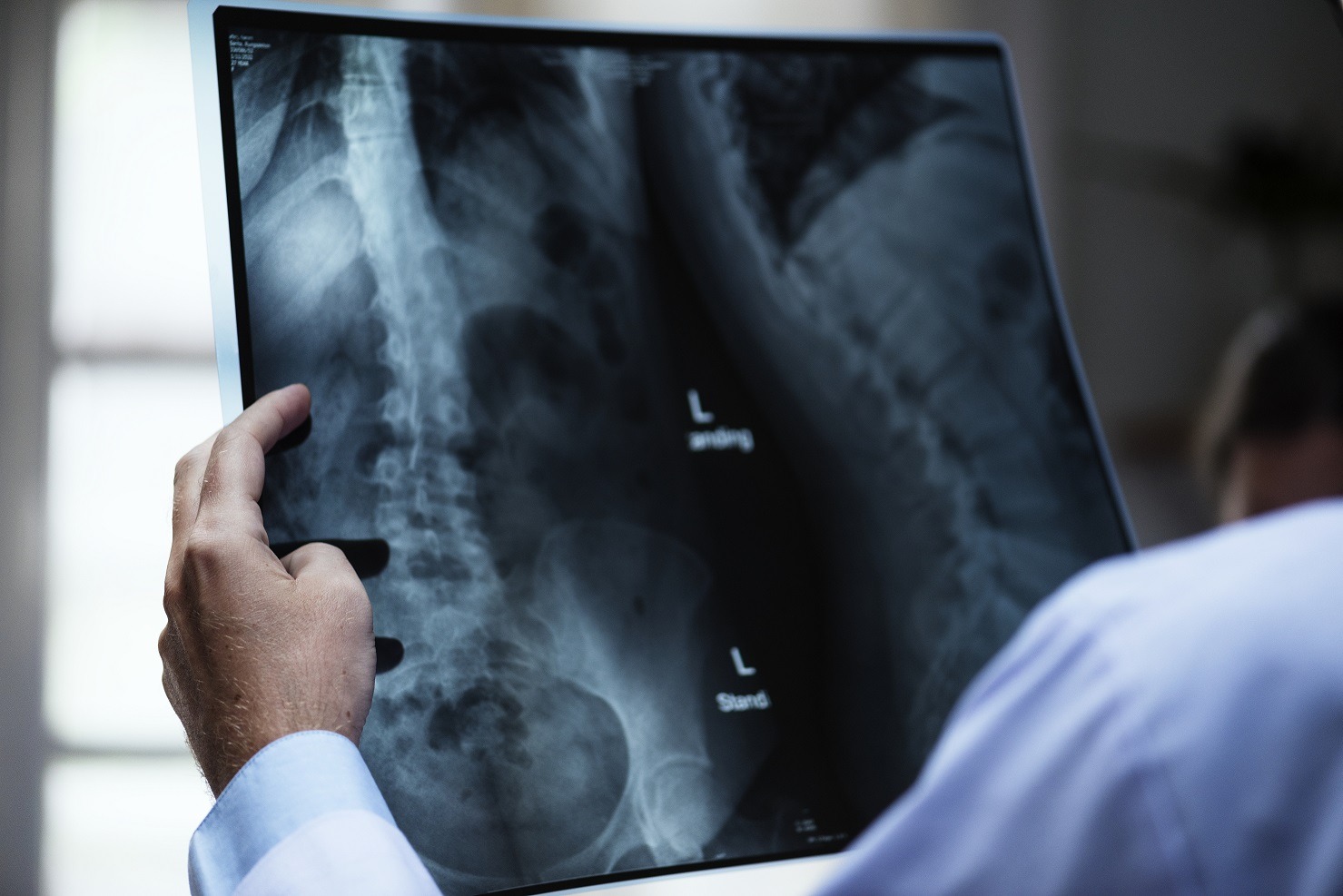Challenge
GMS (General Medical Services) registration is the mechanism by which patients are registered at their community GP surgery, and it is this functionality that allows the electronic transfer of patient information between clinical systems, the GP2GP transfer. It also allows a range of other system functionality to be used, including adding information to the Summary Care Record (SCR), which is used across primary care but was not available for detained patients.
However, this was not the case for people entering the detained estate (DE), whose medical information could not be electronically transferred to the healthcare team within their place of detention.
As patients within the DE were unable to use GMS registration and the linked functionality in their clinical system, it meant that:
- The DE healthcare teams were providing care for patients without a complete record, while they waited for the GP surgery to provide a patient summary
- When an individual left detention, their record would not transfer back to the community, meaning their GP in the community would not have a full record of that patient’s health and care during their period of detention and ongoing requirements following release
- Other teams accessing a detained patient’s SCR, e.g., in emergency departments, would not be viewing the most up to date information about that patient and their current medications.
This led to a lack of equity between the service provided in primary care in the community and the service within the DE.
In 2018, we implemented using PDS to update the patients’ demographics to reflect the detained estate address and also a process for pre-registration for those patients that didn’t have an active GMS registration with a community GP. This was to ensure that patient care could continue when a patient was released from the DE and for GP practices to understand the benefits of having the registration in place prior to release.
Our response
As part of the wider HJIS programme, NECS was tasked with deploying GMS registration, GP2GP transfers, SCR upload and other associated functionality in order to remove this inequity of provision for all eligible DE sites across England.
The NECS HJIS team undertook a detailed technical and business process change review nationally in order to ensure that the new processes could be integrated and standardised to minimise disruption. The approach taken was highly collaborative and planned in conjunction with central and regional NHSE teams, Primary Care Services England, NHS Digital, healthcare providers and the system supplier to plan and manage this change.
To support this change, the team was required to:
- Engage multiple diverse stakeholders including lived experience teams to ensure support for the project
- Develop and gain approval for a bespoke registration form for the DE to allow Once GMS, Always GMS whilst in the same sentence period
- Co-ordinate SMEs to develop and ratify national guidance relating to GMS registration in the DE, including exceptions and exclusions
- Provide national communications to various different impacted groups including patients, primary care and His Majesty’s Prison and Probation Service
- Carry out detailed mapping work around current and future processes including clinical system requirements, e.g., national clinical templates, reporting, and deliver business change sessions
- Develop and deliver training on new functionality and processes, with all associated documentation and site support.

Outcomes
Commencing in February 2022, after a pilot group of 19 sites and following the granting of full roll out approval from NHSD, all remaining eligible sites were sent live in groups over a 5-week period. By mid-May 2022, all 106 eligible sites were live with GMS registration and associated functionality. At that time, approximately 30% of the eligible patients within the DE had been offered GMS registration and 25% had agreed to register (as it is a choice and not compulsory).
By November 2023, approximately 60% of eligible patients within the DE have chosen to GMS register and 70% of these patients actively consented to having an SCR. This has shown a steady increase each month, as more patients take up the offer to GMS register.
GMS and GP2GP supports the goal of equivalence in healthcare for all patients who are in the DE. They are now able to have full clear and well-informed healthcare discussions with teams quickly and effectively instead of the need of waiting for records to be requested and received. This has reduced delays in receiving medication and improved continuation of care.
Similarly, when a patient release is being planned, there is a process in place to approach their chosen community GP practice to advise them of the patient’s release date. This allows the initiation of their GMS registration and full medical record transfer to the community GP when they are released. This means all the up-to-date information is readily available for clinicians to access and provide the most effective and up to date treatment for the patient. Patients who are not GMS registered have a discharge summary uploaded to PCSE, which is then forwarded on to their registered GP once the patient completes their registration in the community. Again, this is an improvement since the implementation of GMS and means that if the patient is not registered anywhere upon release, the information is held by PCSE until they are registered in the community.
“Since its inception in 2022, the roll-out of GMS registration and GP2GP record transfers successfully co-ordinated and delivered by the HJIS team at NECS has seen increasing numbers of people completing full GMS registration in the secure estate, with approximately half of the people choosing to register. Although it is still early days, and we can expect this proportion to increase over time, in my view, it demonstrates that individuals have confidence in the system for registering with the prison healthcare provider and recognise the value of improving the continuity of their clinical care.”

